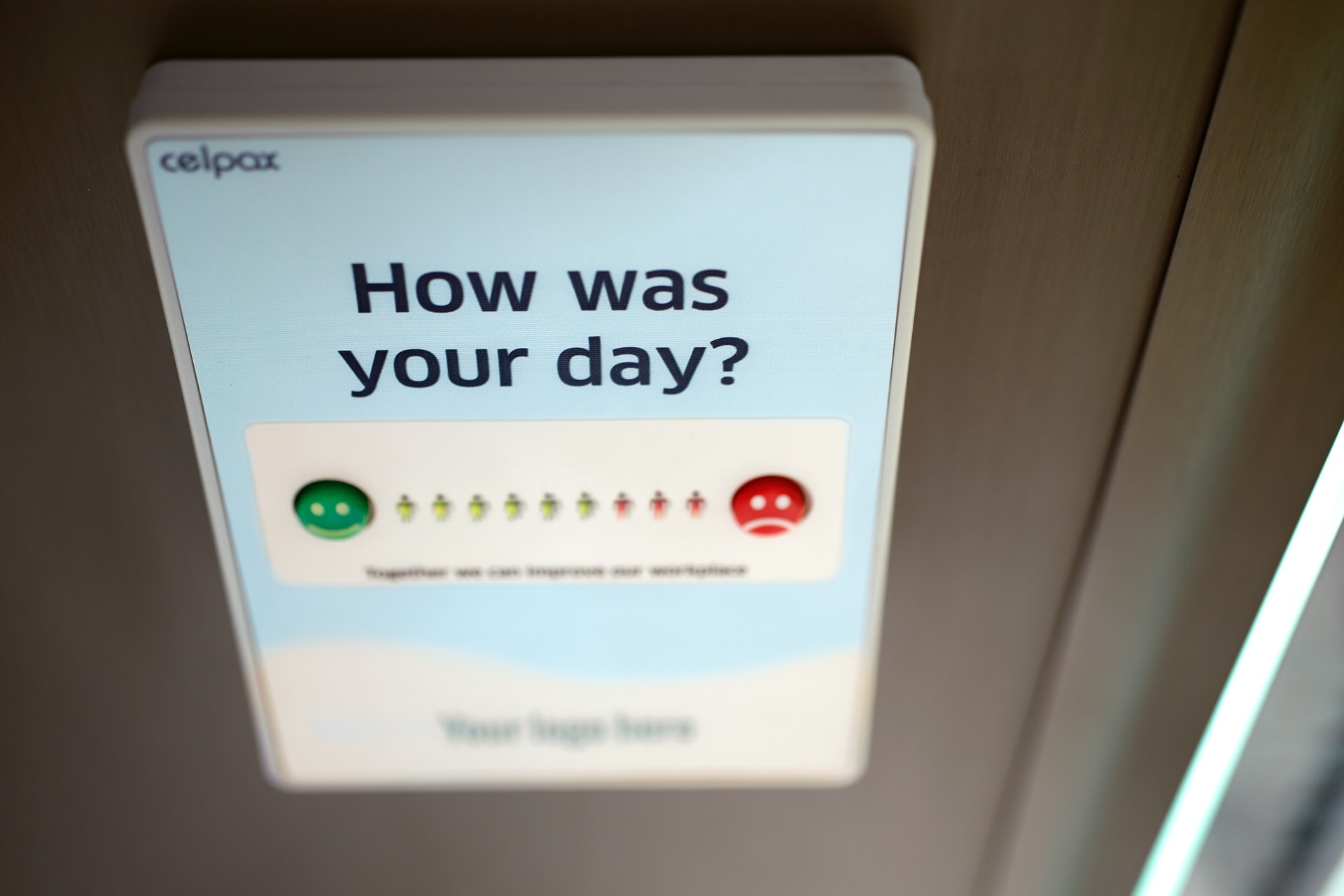Big data: what does it mean & what it is used for in digital marketing?
Big data has gradually become an inevitable concept in the digital age, and plays an important role in digital marketing. Big data can help marketers to analyze every action of the consumer. Still, there are only a few of us who really know what it covers? And how is big data used at all?
Quick Links
That is why we wish to come up with an explanation of precisely these issues, so that you as a consumer can become wiser about the popular phenomenon and your rights associated with the subject.
What is big data?
Big data is a collection, storing and analysis of massive data sets, most often generated through various sources. As consumers, we are constantly leaving digital data traces. These data tracks can be used for a number of valuable purposes, e.g. to understand customer base, product performance and market trends. For instance, banking customers generate an astronomical amount of data through millions of individual transactions. Moreover, digital marketing uses big data to map consumer behavior and preferences.
When talking about big data, one will often come across the 4 Vs. These help to concretize the concept and its characteristics.
- Volume: refers to the enormous amounts of data that big data encapsulates
- Velocity: covers the speed at which we both generate and receive and transmit data
- Variety: explains how the sources behind big data can vary and can be both structured and unstructured
- Veracity: refers to the quality and credibility of the huge amounts of data can be fluctuating
Big data and legislation
Looking at big data from a legal perspective, it is not exclusively a concept of data protection law.
Big data boats can include both anonymous and identifiable information. If the data contains personal data, it will be subject to the data protection rules, whereas anonymised data is not subject to these rules. This is because in such cases it is not possible to identify individuals.
In the case of data containing personal data, the following consumer rights apply.
- Right of access
- Right of rectification
- Right of deletion
- Right of limitation of processing
- Right of data portability
- Right of objection
- Right not to be subject to automatic decision
How is big data used in digital marketing?
Big data is used for several different purposes, and in several different industries. In digital marketing, big data is used to gain real-time customer insights, personalized targeting, increasing sales, improving efficiency of marketing campaigns, budget optimization and measuring campaign performance.
Big data analytics is used as a tool to spot new sales opportunities and personalize customer experiences. This is important in digital marketing for marketers to understand their target audience well, and engage the customers with the right message at the right moment.. This is, for example, what happens when we get recommended movies and series on Netflix.
What are the possible dangers of big data?
As the amount of data and cybercrime grows, so does the need for transparency and data regulation. In recent years, we have seen initiatives that strive to create digital trust, including the implementation of the GDPR and the global LEI system. But nonetheless, there is still risk associated with big data.
Data leakage remains a danger associated with the processing of big data. The causes of data leaks can happen as a result of hacking, or by something as simple as human error. Therefore, it is incredibly important that companies strive to maintain a high level of security for the data they have at their disposal.
Unethical data use is also a growing concern. A well-known example is the US presidential election in 2016, where data was more or less used to manipulate potential voters. This event has greatly shaped the political arena and the way in which information is disseminated to and about consumers.
Overall, the dilemma with big data is that it can be used for both good and evil. Therefore, it is even more important than ever for companies to maintain and promote integrity and trust when it comes to data processing. Including informing consumers about their rights. In this way, good conditions can be created for the use of big data and the great potential that comes with it.
What Is WooCommerce Product Slider and Why Your Store Needs It
Why Do Product Images Matter So Much in Online Stores? When someone visits an online store the…
0 Comments9 Minutes
How to Streamline Your Customers’ Shopping Experience?
The goal for any online store is to make shopping as smooth as possible. When visitors move…
0 Comments8 Minutes
Strengthening Brand-Customer Relationships Through Gamified Loyalty Programs
Creating lasting connections with customers has become increasingly vital as the marketplace grows…
0 Comments6 Minutes
How to Use SEO and SEA Together in Search Engine Marketing
In digital marketing, search engine marketing (SEM) plays a critical role in improving online…
0 Comments10 Minutes
Content Marketing Growth Hacks: Real Shortcuts to Drive Traffic
Are you still lagging in content marketing? Sticking to these old strategies seems…
0 Comments10 Minutes
How to Build a Strong Local Following Using Social Media Marketing
In the days of likes, shares, and stories, local businesses have a golden opportunity to create…
0 Comments9 Minutes
Why WooCommerce is the Best Choice for Your Online Store?
WooCommerce stands out as a top option for anyone looking to build an online store. This platform…
0 Comments8 Minutes
How to Use AI-Powered SEO Tools for WordPress eCommerce
SEO is a critical factor in the success of any e-commerce WordPress store. As competition…
0 Comments11 Minutes








